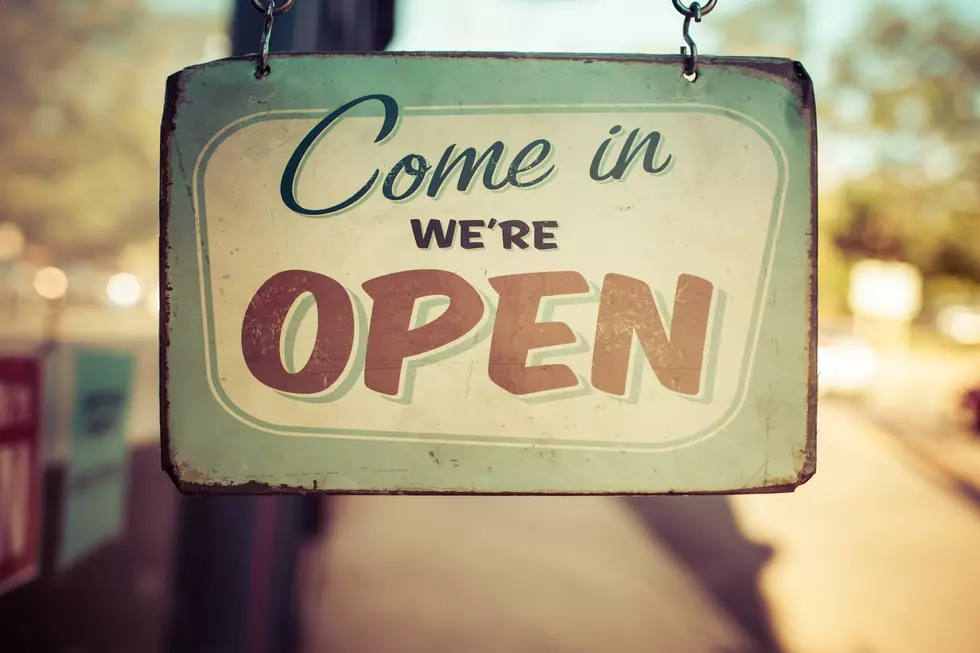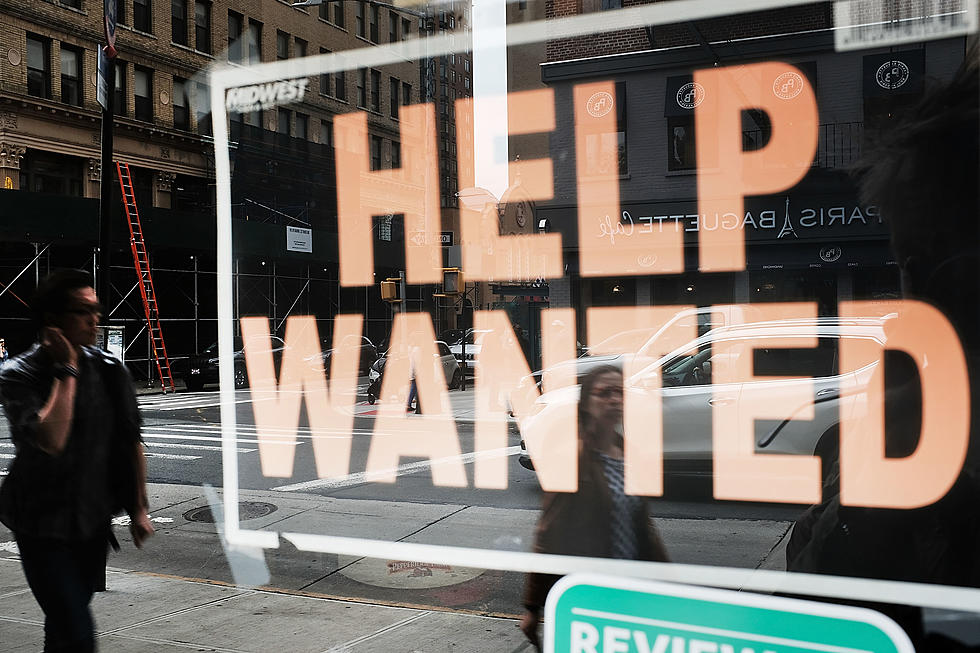![Pros and Cons of Minimum Wage Hike [AUDIO]](http://townsquare.media/site/394/files/2012/04/state-house.jpg?w=980&q=75)
Pros and Cons of Minimum Wage Hike [AUDIO]
This November, New Jersey voters will be asked if they'd like to amend the state constitution to increase the minimum wage from $7.25 an hour to $8.25 and then adjust it annually based on the cost of living.
The business community wants you to vote, 'No,' but others say hiking the minimum wage is a win-win.
"I support a minimum wage increase, " says New Jersey Chamber of Commerce present and CEO, Tom Bracken. "I just don't support it through a mandated CPI and constitutionally mandated. It's the absolute wrong way to do this. It has no place in the constitution. Doing it gradually over a couple of years and getting us competitive with other states would be very acceptable."
According to a new report released by New Jersey Policy Perspective (NJPP), a liberal Trenton think tank, more than 400,000 low-paid workers would benefit from a ballot measure that would raise New Jersey's minimum wage.
New Economic Growth?
The report contends that the wage increase would generate more than $174 million in new economic growth and support the creation of the equivalent of more than 1,500 new full-time jobs as businesses expand to meet increased consumer demand.
"Low-wage jobs are stunting New Jersey's economic recovery at a time when the state needs more consumer spending and growth," says Gordon MacInnes, president of NJPP. "Raising the minimum wage is a smart way to boost consumer spending while delivering much-needed assistance to working families in New Jersey."
The NJPP report also shows that many of the state's lowest-paid workers rely on minimum wage jobs to support their families. More than 231,000 children across New Jersey have a parent who would benefit from raising the state's minimum wage to $8.25, and the average parent affected by this increase contributes more than 40 percent of the family's total income.
"It's not the idea of increasing the minimum wage. It's the idea of how it's being proposed," explains Bracken. "That (the amendment) takes things out of the hands of the business community."
"They can't predict. It's an uncertainty that they don't want to be saddled with and it could have a devastating effect in bad times of having the minimum wage go up and maybe forcing them to increase the wages of other employees who are not minimum wage employees at a time when the economics don't support that."
More From 92.7 WOBM










